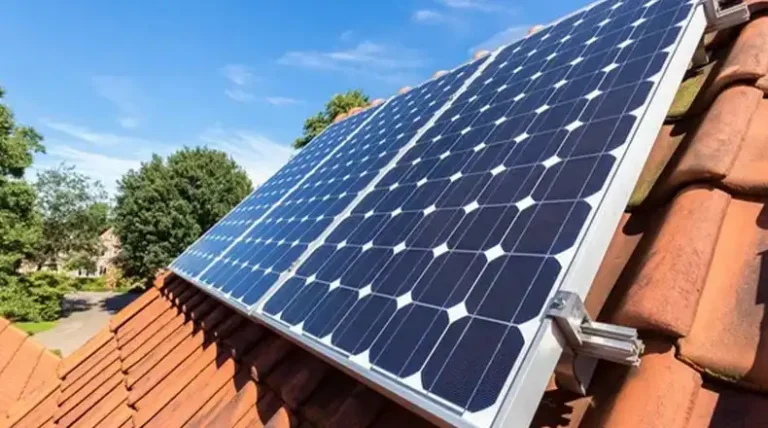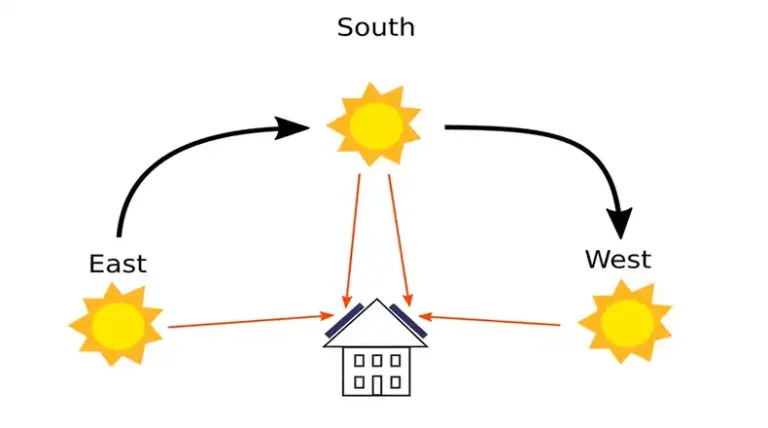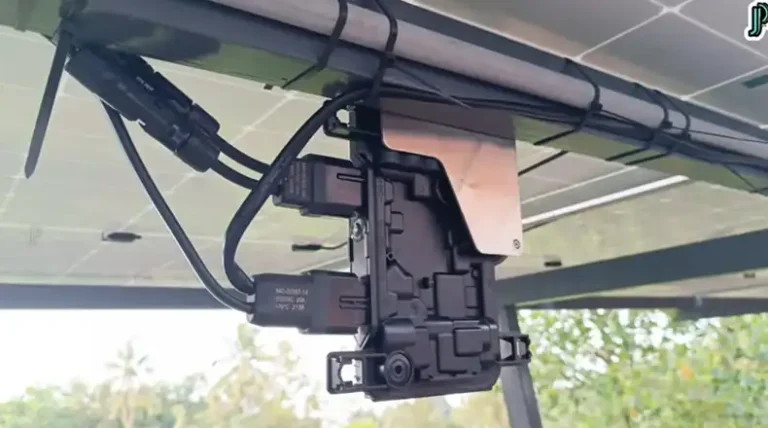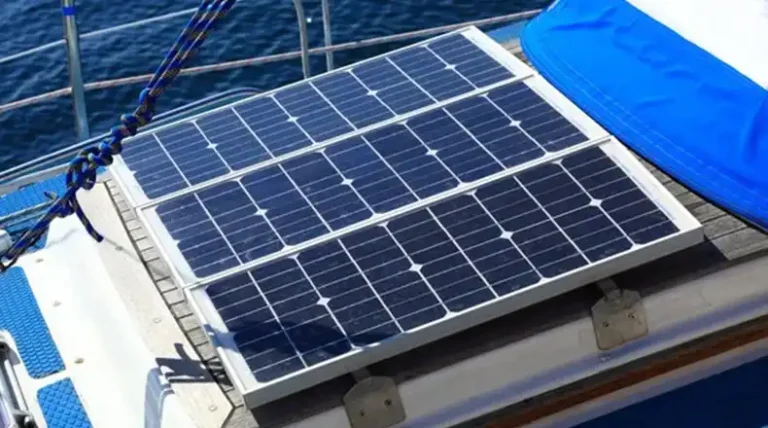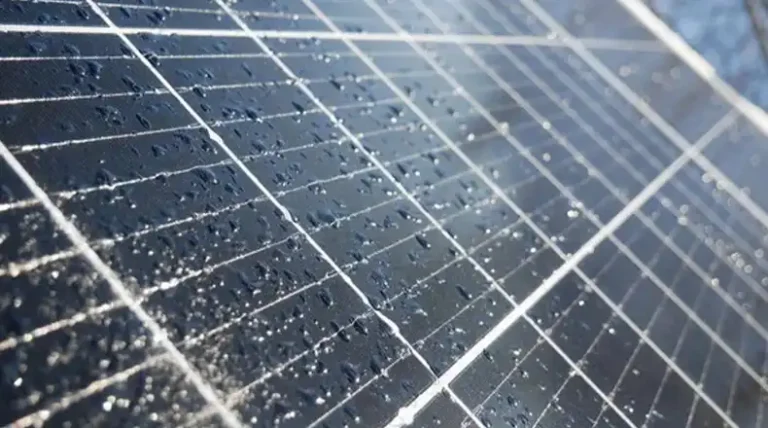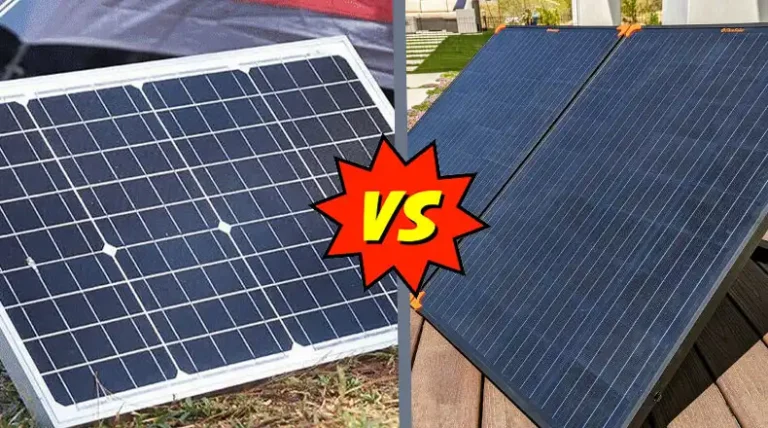Can Solar Panels Be Installed on a Manufactured Home? Appoint the Sun on the Move
The manufactured home is a testament to modern engineering, portability, and convenience. It provides a unique living experience, blending mobility with the comforts of a stationary home.
But, when it comes to sustainable living and energy conservation, can these mobile wonders run on the sun’s power? The concise answer is: Yes, they absolutely can, with some considerations.
Opting for solar panels on a manufactured home marries the concept of mobility with sustainability. But, as with all integrations, there are aspects to keep in mind. This guide walks you through the feasibility and the “how-to’s” of installing solar panels on a manufactured home.
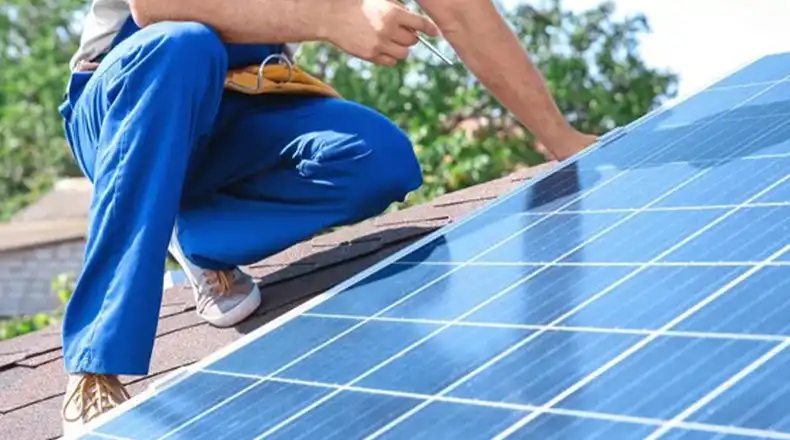
Is It Possible to Install Solar Panels on a Manufactured Home?
The concept of installing solar panels on a manufactured home might sound unconventional to some. But the reality is, with the right conditions and considerations, it’s not just possible but can also be highly beneficial.
Manufactured homes, while unique in their construction and mobility, are still structures that can support modifications and enhancements, like the installation of solar panels. Advances in solar technology, coupled with the modern manufacturing standards of these homes, have made it feasible to harness the sun’s power from the roofs of these movable homes.
Several solar installation companies and professionals have experience working specifically with manufactured homes, ensuring that the panels are installed correctly without compromising the structural integrity of the residence.
Furthermore, innovations in solar panel design, like lightweight and flexible panels, have made the installation process even more streamlined for homes that may not have the traditional roofing support of stationary houses.
Let’s explore the factors to consider when installing solar panels on a manufactured home.
Feasibility of Solar Installation on Manufactured Homes
When contemplating the prospect of installing solar panels on a manufactured home, understanding when it’s feasible and when it’s not is vital. Here’s a breakdown of the scenarios where solar installation is possible and those where challenges might arise:
When Solar Panels CAN Be Installed:
- Structurally Sound Roof: If the manufactured home’s roof is in good condition, can bear additional weight, and has no signs of sagging or structural issues, it’s usually a green light for solar panel installation.
- Adequate Roof Space: Solar panels require a certain amount of space for effective energy generation. Homes with larger, unobstructed roof areas can comfortably accommodate solar panels.
- Optimal Orientation: If the home is oriented such that a significant portion of the roof receives direct sunlight for the majority of the day, it’s ideal for solar installations.
- Clearance from Overhead Obstructions: Homes that aren’t under dense tree cover or other overhead obstructions can effectively harness solar energy.
- Supportive Local Regulations: In areas where local regulations and housing community rules support renewable energy installations, it’s easier to proceed with setting up solar panels.
When Solar Panels CANNOT Be Installed:
Weakened Roof Structure: Older manufactured homes or those showing signs of structural wear and tear might not be suitable for additional loads like solar panels.
Limited Roof Space: Homes with smaller roof areas or roofs with numerous vents, skylights, or other installations might not have adequate space for effective solar panel setups.
Poor Orientation: If the manufactured home’s orientation results in minimal direct sunlight on the roof, the efficiency of solar panels could be compromised.
Overhead Obstructions: Homes positioned under dense foliage or other obstructions that cast shadows over the roof for significant portions of the day might not yield optimal solar energy.
Restrictive Regulations: In areas or housing communities with stringent rules against modifications or external installations on manufactured homes, installing solar panels could pose challenges.
Steps to Install Solar Panels
Here are some installation tips for solar panels on a manufactured home:
- Assessment: Hire a professional to assess the structural integrity of the home. This will determine if any reinforcements are needed.
- Solar System Sizing: Based on your energy needs and roof size, decide on the size and number of solar panels.
- Mounting System: Choose a mounting system compatible with the roof material and structure of your manufactured home. Ballasted mounts, which use weights, might be an option to avoid drilling.
- Installation: Engage a solar installation company experienced with manufactured homes. They’ll ensure a safe and efficient setup.
- Energy Storage: Consider adding batteries to store excess energy. This is especially useful if you’re looking to be off-grid.
Benefits of Going Solar on Manufactured Homes
Cost Savings: Reduce or eliminate electricity bills.
- Increase Home Value: Homes equipped with solar panels often have a higher resale value.
- Environmental Impact: Contribute to a cleaner environment by reducing carbon footprint.
Consequences of Installing Solar Panels Without Proper Assessment
Jumping headfirst without proper preparation and understanding can lead to multiple consequences. Here’s what might be at stake:
- Potential Roof Damage: Risk of sagging, leaks, or complete collapse due to added weight.
- Voided Warranty: Unapproved modifications could negate the home’s warranty.
- Local Regulations and Fines: Possible legal challenges and fines for non-compliance.
- Suboptimal Energy Generation: Reduced efficiency due to poor placement or overshadowing structures.
- Safety Risks: Electrical hazards, fire risks, and structural dangers from poorly installed panels.
Alternative Solutions
Discovering that your manufactured home isn’t suited for traditional solar panel installation can be disheartening. But in the expansive realm of solar solutions, there’s almost always an alternative. Here are the alternatives: —–
- Ground-Mounted System
If roof space or structural integrity is an issue, consider a ground-mounted system. These systems follow the sun’s path during the day, capturing maximum sunlight and, as a result, are more efficient but costlier.
- Solar Carports or Sheds
Building a structure specifically for the solar panels can be an effective solution. Solar carports or sheds not only provide a dedicated space for the panels but can offer additional utility – be it shade for your vehicle or extra storage.
- Community Solar Projects:
If individual installations aren’t feasible, community solar projects can be the way to go. These involve investing in a shared solar project in your locality, and you’ll receive credit on your electricity bill based on your share of the solar energy produced.
- Portable Solar Solutions:
There are portable solar panels available which can be set up and taken down as needed. These are particularly useful if you move your manufactured home regularly.
- Hybrid Systems:
Combine solar energy with another form of renewable energy, like wind turbines. This can compensate when solar energy might not be optimal due to space or orientation restrictions.
- Solar-Powered Appliances:
If a full-fledged solar system isn’t feasible, consider solar-powered appliances. From solar water heaters to solar ovens, there’s a range of appliances that can reduce your reliance on traditional electricity.
- Solar Share Programs:
Some energy companies offer solar share or green energy programs where you can purchase solar energy without having any installations on your property.
Final Reflection
Equipping a manufactured home with solar panels signifies progress. By taking this step, homeowners not only champion an eco-friendly lifestyle but also move towards self-sufficiency. Manufactured homes, with their essence of flexibility and adaptability, prove once again that they can keep pace with the ever-evolving realms of technology and sustainability.
Popular Inquiries
Are There Specific Solar Panels For Manufactured Homes?
While there’s no “specific” solar panel for manufactured homes, it’s essential to choose lightweight, efficient panels. Flex panels might be an option due to their weight and flexibility.
Can I Move My Manufactured Home After Installing Solar Panels?
Yes, but it requires careful dismantling and re-installation. The process is more involved than merely packing up and moving.
Is Solar Installation On A Manufactured Home More Expensive?
The costs largely depend on the structural needs, the size of the installation, and local solar incentives. While the base costs might be comparable to traditional homes, additional reinforcements or unique mounting systems might add to the expenses.

